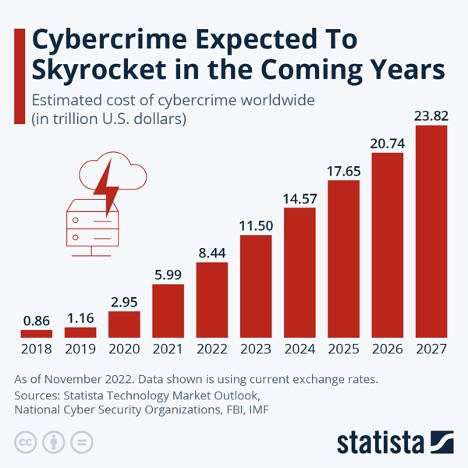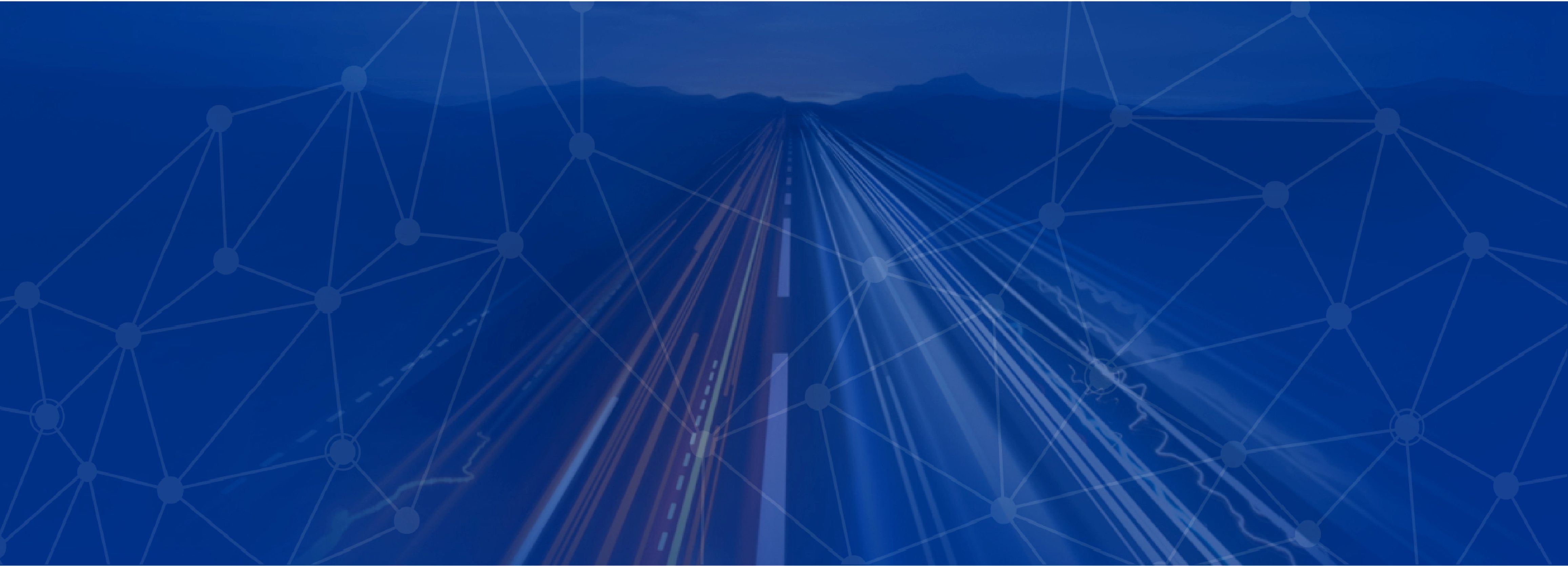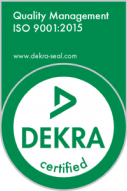There are several reasons why higher education institutions should consider outsourcing their Cybersecurity Framework Assessments (NIST Cybersecurity Framework, HIPAA, GDPR, etc.) and hiring a fractional virtual Chief Information Security Officer (vCISO).
First and foremost, outsourcing Cybersecurity Framework Assessments can provide higher education institutions with access to a greater level of expertise and experience. Cybersecurity Framework Assessments, such as NIST Cybersecurity Framework, HIPAA, GDPR, etc., are a comprehensive set of security and privacy controls used by many organizations, including higher education institutions, to ensure the confidentiality, integrity, and availability of their systems and data. However, conducting these assessments can be a complex and time-consuming process that requires specialized knowledge and skills. By outsourcing these assessments to a qualified third party, higher education institutions can leverage the expertise and experience of professionals who have a deep understanding of numerous Cybersecurity Frameworks and how to implement their controls effectively.
Another reason to outsource Cybersecurity Framework Assessments is to ensure that the evaluation is conducted unbiasedly and objectively. In organizations that perform internal assessments, the risk of bias or subjectivity creeps into the process. Unfortunately, this can lead to an incomplete or inaccurate measurement of the organization’s security posture; in turn, this can increase the chances of an incident, such as a breach or intrusion, that may result in the loss, damage, or disclosure of assets. By outsourcing the assessment to a third party, higher education institutions can ensure that the evaluation is performed unbiasedly and objectively, providing a more accurate picture of their security posture.
After a cybersecurity framework assessment has been conducted, it’s paramount that a Governance, Risk, and Compliance Program is put in place to manage risk moving forward. In addition, a security program and plan need to be developed to track and remediate deficiencies identified during the assessment. Therefore, CAG recommends hiring a fractional vCISO to guide higher education institutions through the Governance, Risk, and Compliance minefields. A fractional vCISO is a professional who works remotely part-time or on a contract basis, providing expert guidance and support to the organization’s security efforts. In addition, a fractional vCISO can offer a range of services, including conducting risk assessments, developing, and implementing security policies and procedures, and providing guidance on compliance with regulatory requirements such as NIST, GDPR, HIPAA, and FERPA.
In conclusion, there are several reasons why higher education institutions should consider outsourcing their Cybersecurity Framework Assessments and hiring a fractional vCISO. These approaches can provide higher education institutions access to greater expertise and experience, ensure that assessments are conducted unbiased and objectively, and build a robust Governance, Risk, and Compliance program through a fractional vCISO. In addition, by leveraging these resources, higher education institutions can strengthen their security posture and better protect their systems and data.
About Columbia Advisory Group:
Columbia Advisory Group (CAG) is a leading Information Technology (IT) consulting firm. CAG’s team has assessed and helped improve the performance of more than 300 technology organizations and IT departments, including many higher education institutions, state agencies, and Fortune 50 customers. Practice specialty areas include Infrastructure, IT Service Management, Cybersecurity, and A/V Services. CAG improves business outcomes with IT insights and expert technical support. Based in Dallas, Texas, CAG works extensively with clients throughout the U.S. Contact us at info@columbiaadvisory.com.

Brad Hudson
VP of Cyber Security | vCISO - CISSP, CCSP, CCNP, MCSA, MCITP:EA,SA









